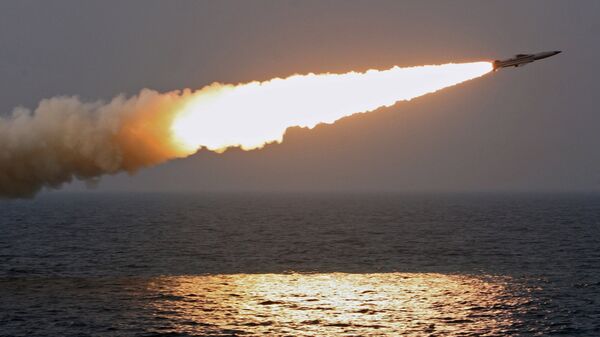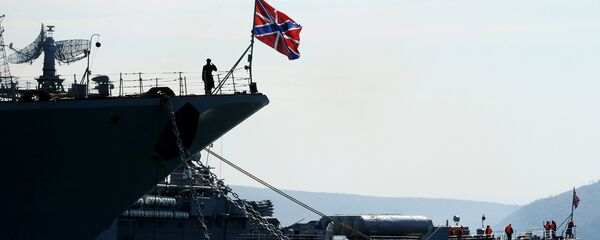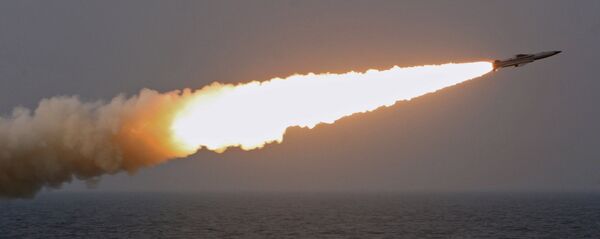"We watch what Russia is doing, absolutely. […] The UK wouldn’t be able to do anything like that. So, we wouldn't be able to develop that sort of system ourselves," Commodore Paul Burke, the UK's Head of Nuclear Operations, said on the sidelines of the STRATCOM Deterrence Symposium in Nebraska on Wednesday.
In an interview with Sputnik, Alexei Leonkov, a military expert with Arsenal of the Motherland journal, said that Russia was developing both ballistic and drone-type hypersonic weapons, and that considerable progress had already been achieved on both these tracks.
“The Zircon hypersonic anti-ship missile, which is now being tested in Russia, has already reached eight times the speed of sound and is designed for speeds of up to 12 times the speed of sound. We have also successfully tested the warheads for the RS-28 Sarmat intercontinental ballistic missile,” Leonkov said.
He added that these unique weapons can penetrate all missile defense systems currently existing in the world.
"The existing air and missile defense systems are generally unable to intercept [hypersonic weapons.] Our Western opponents have yet to come up with hypersonic air-defense or anti-missiles. They are still working on them. The Americans have made some headway, but all they have done so far is just a couple of experimental launches, which could be described as almost successful,” Alexei Leonkov noted.
This means that hypersonic weapons are pushing back the prospect of a nuclear Armageddon.
In keeping with a decree on Russia’s naval policy until 2030, signed by President Vladimir Putin earlier this month, hypersonic missiles and multipurpose robotic systems will start entering service with the Russian Navy after 2025.




